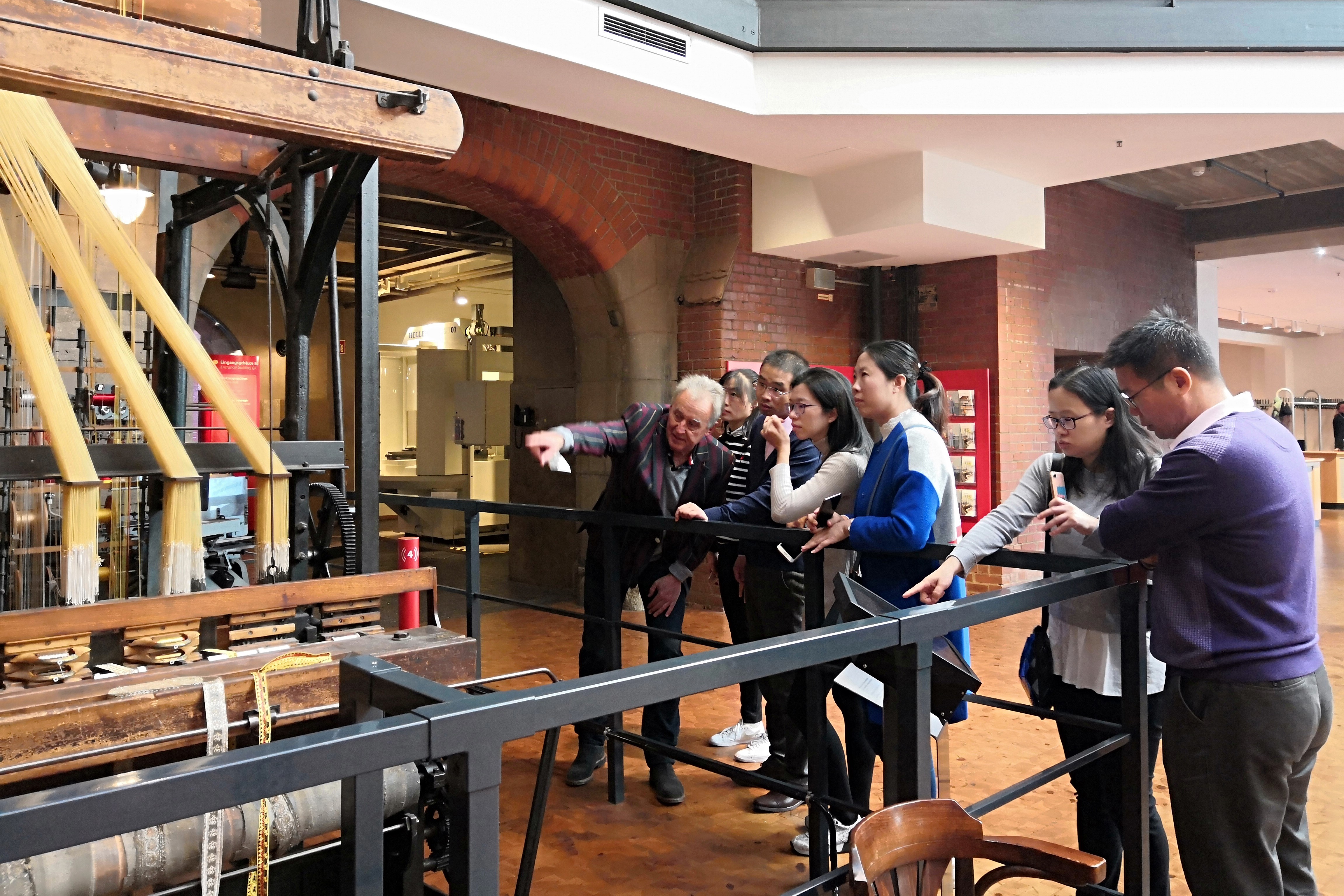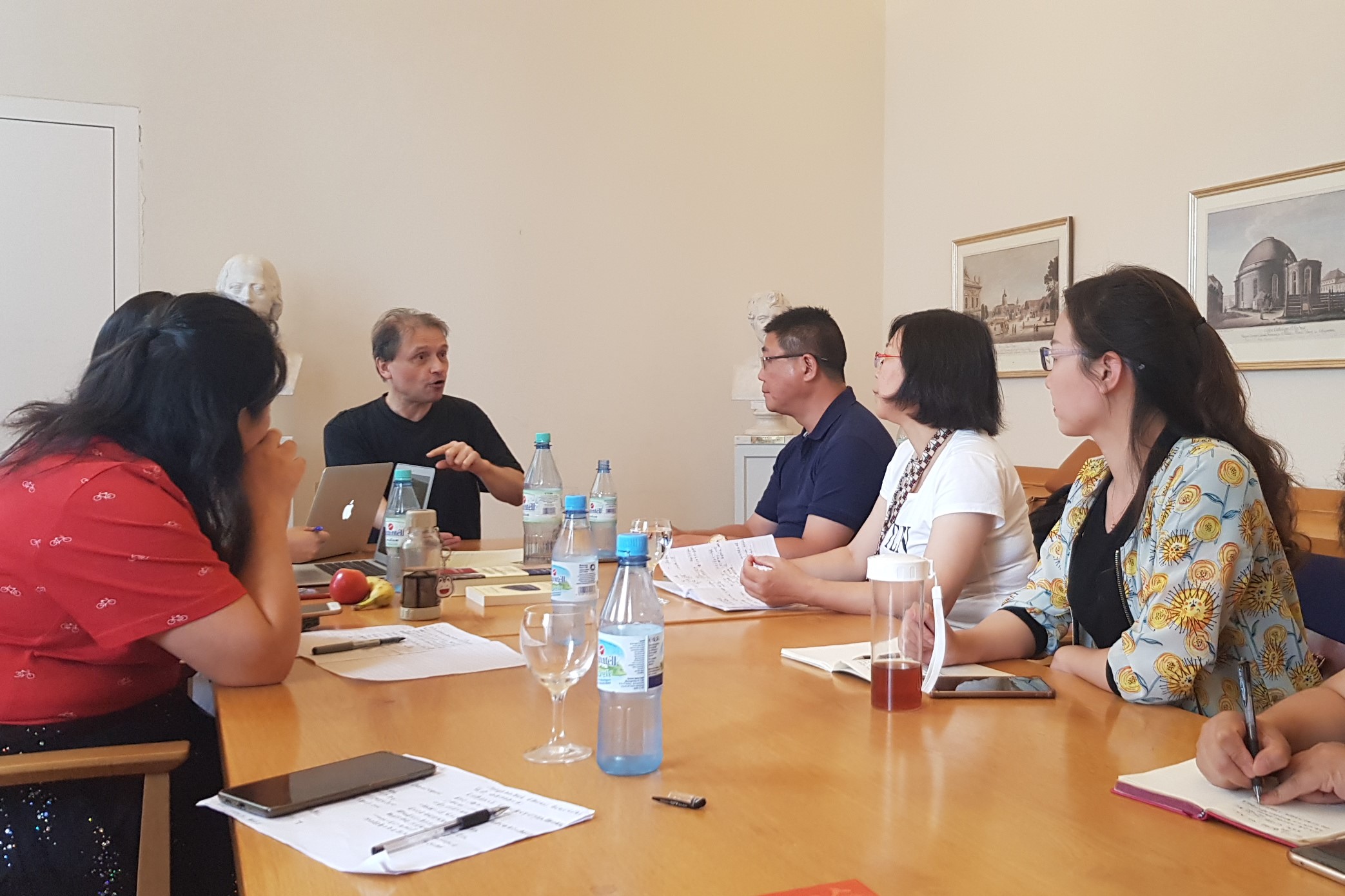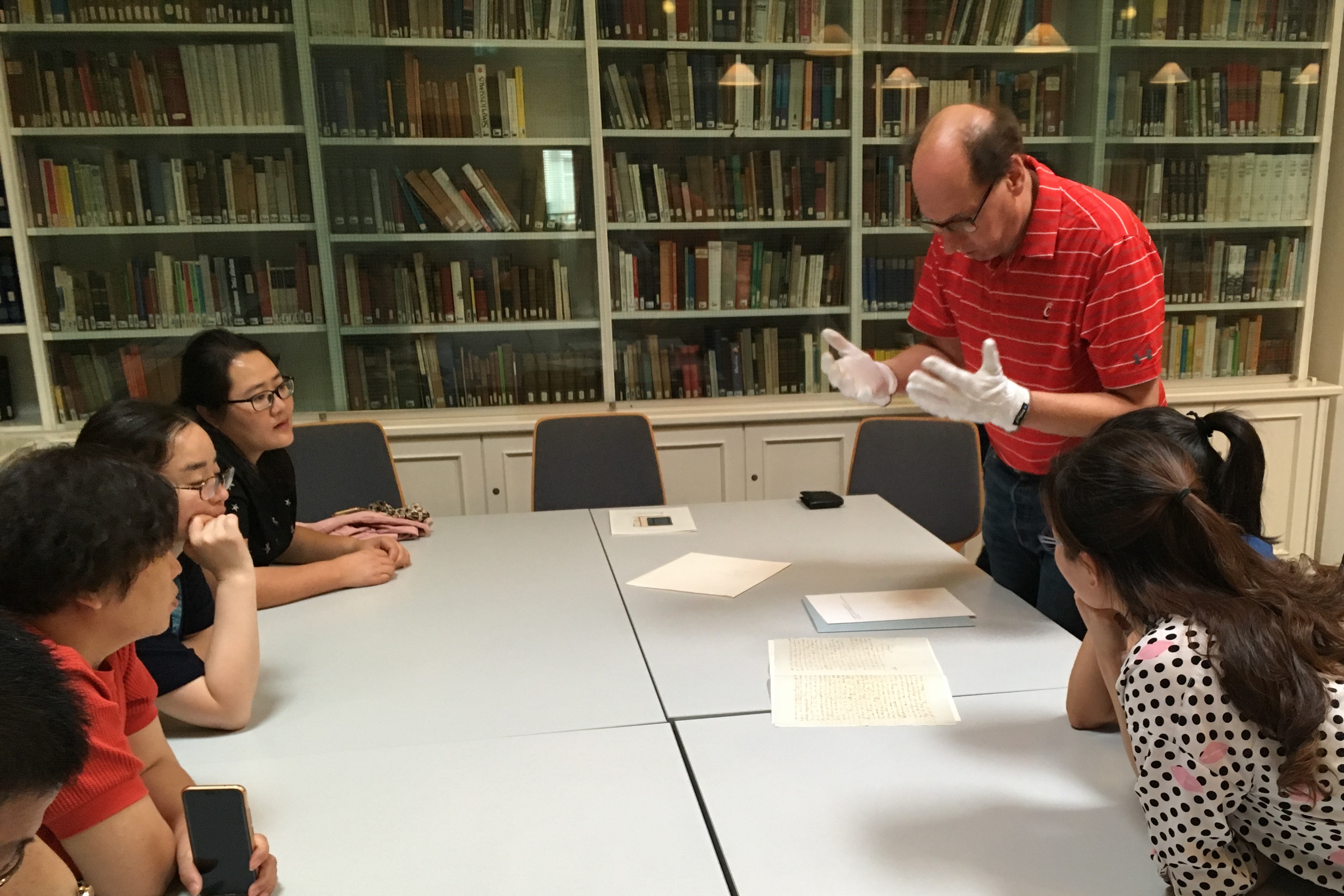Marx’s Study of the Technological Science and the Objective Dimension of Historical Materialism
Dr. ZHANG Fugong, Nanjing
Abstract
As a modern science, the technological science (Technologie) is one of the theoretical fruits of the rise of modern civil society and the industrial revolution, and it thus constitutes one of the important intellectual clues to understand the making of capitalist mode of production. Marx’s research on the technological science almost run through his entire writing process of Das Kapital and could be roughly divided into three periods: The first was the Paris and Brussels periods of 1844-1845. Inspired by Friedrich Engels and Jérôme-Adolphe Blanqui, the young Marx began to pay attention to the technological science in Paris, and then concentrated on the books of Auguste de Gasparin, Charles Babbage and Andrew Ure in Brussels Notebooks. Thus, Marx recognized the important characteristics and dual effects of capitalist mechanized industry for the first time, which provides an important implicitly theoretical support for Marx’s preliminary understanding of the contradiction of the actual “organization of labour” and the preliminary construction of the historical materialism, especially the realistic meaning of the contradiction between productive powers and forms of communication. The second was the period of London Notebooks in the 1850s. Marx read and excerpted the works of J.H.M.Poppe, A. Ure and J.Beckman, and as well as visited the Great Exhibition of 1851 in London. These theoretical research and practical investigations during this period provided rich materials for Marx to deeply understand the historical origin and internal contradictions of the capitalist mode of production. The third was the period of the economic manuscripts in the 1860s. Marx read once again the previous notebooks and works of the technological science, and also listened to Robert Willis’ technical courses. These materials were fully utilized in the writing of Das Kapital and various manuscripts. In Das Kapital, Marx deeply realized that the technological science not only profoundly reveals the historical changes in material modes of production, the relations of production, social structure, and ideological concepts, but also contains the philosophical implications of social materialism. Of course, It also has inherent historical limitations, so it must be fully criticized and transcended. In this sense, the technological science constitutes one of the important theoretical sources for Marx’s construction of historical materialism and the critique of capitalism. Marx’s analysis of the technological science and the capitalist society from the view of historical materialism still has an important significance for us to deeply rethink and criticize contemporary capitalist mode of production based on digital technology.







